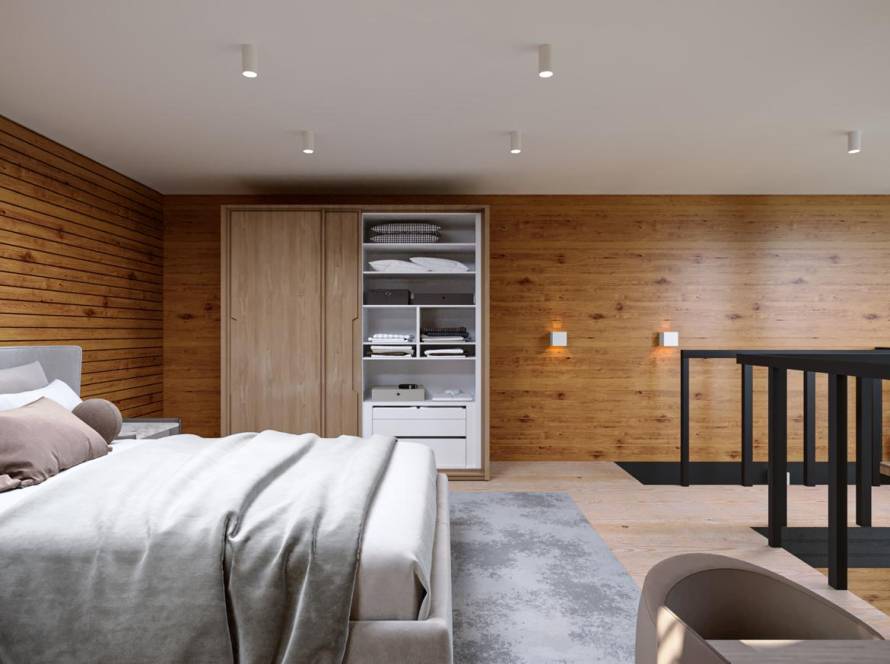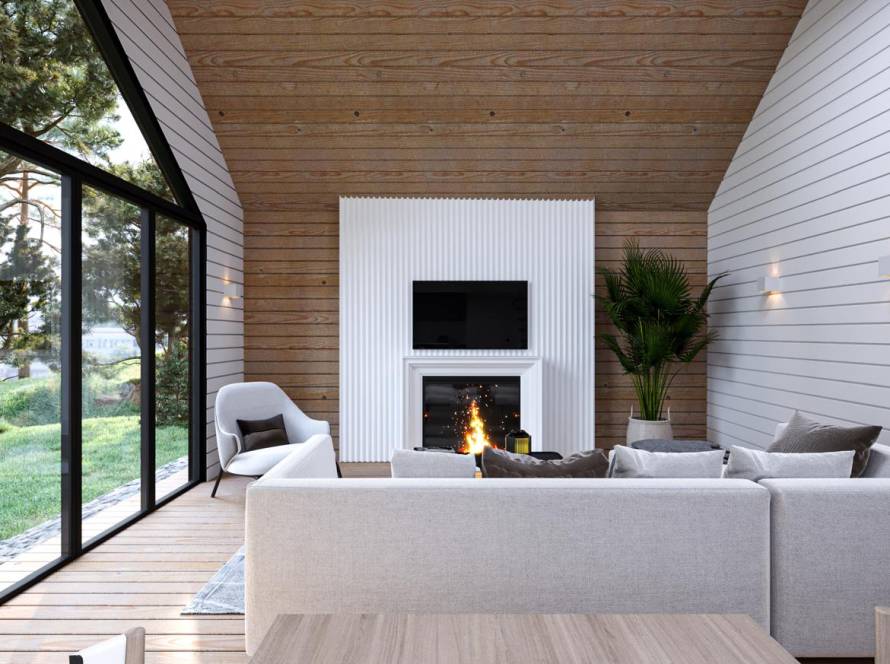When it comes to building a new home, cost is a significant consideration for most people. Wooden houses offer several economic advantages that make them an attractive option for homeowners looking to balance quality and affordability.
Cost-Effective Construction
One of the primary economic benefits of wooden houses is their cost-effective construction. Wood is generally less expensive than other building materials such as steel or concrete. Additionally, the construction process for wooden houses is often faster and more efficient, especially when using prefabricated components. This reduces labor costs and shortens the construction timeline, allowing homeowners to move in sooner and save on overall expenses.
Energy Efficiency and Lower Utility Bills
Wooden houses are known for their excellent insulation properties, which contribute to energy efficiency. The natural thermal properties of wood help maintain a consistent indoor temperature, reducing the need for excessive heating and cooling. This results in lower energy consumption and, consequently, lower utility bills. Over time, the savings on energy costs can add up significantly, making wooden houses an economically sound choice for long-term living.
Durability and Low Maintenance Costs
Contrary to common misconceptions, wooden houses can be incredibly durable when properly constructed and maintained. Modern treatments and building techniques protect wood from pests, rot, and weather damage, ensuring longevity. Additionally, wood is relatively easy to repair compared to other materials. Minor damages can often be fixed without the need for extensive and costly repairs. Regular maintenance, such as sealing and painting, can further extend the lifespan of a wooden house, keeping maintenance costs low.
High Resale Value
Wooden houses often have a high resale value due to their unique aesthetic appeal and desirable qualities. The natural beauty, warmth, and charm of wood make these houses attractive to potential buyers. Additionally, the energy efficiency and sustainable aspects of wooden houses are increasingly sought after in the real estate market. Investing in a wooden house can be a smart financial decision, as it is likely to retain or even increase its value over time.
Flexibility and Cost Savings in Design
Wood is a versatile material that allows for flexibility in design and construction. This means that homeowners can often achieve their desired look and functionality without the need for expensive customizations. Wood can be easily shaped, cut, and modified, making it possible to create unique architectural features and innovative designs at a lower cost. The flexibility of wood also allows for easier expansions and renovations, providing cost savings in the long run.
Support for Local Economies
Choosing a wooden house can also have positive economic impacts on local communities. Many wooden houses are constructed using locally sourced timber, supporting local forestry and logging industries. Additionally, the construction process often involves local builders and craftsmen, contributing to the local economy. By opting for a wooden house, homeowners can help create jobs and support economic growth in their region.
In conclusion, wooden houses offer numerous economic advantages that make them an appealing choice for homeowners. From cost-effective construction and energy efficiency to high resale value and support for local economies, wooden houses provide a balanced combination of affordability and quality. By choosing a wooden house, individuals can enjoy the financial benefits while investing in a durable, sustainable, and beautiful home.


